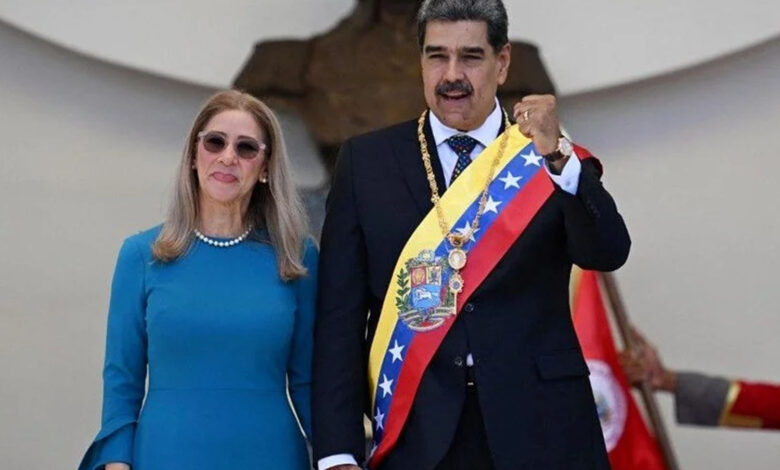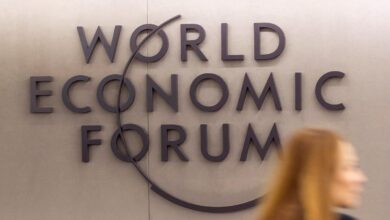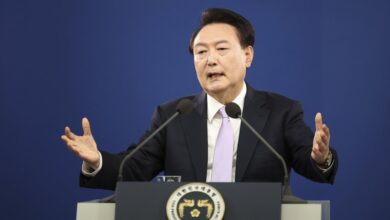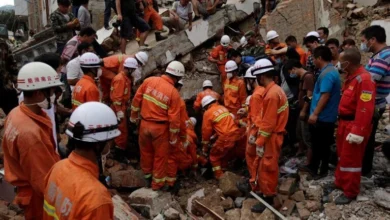Venezuela’s Maduro Inaugurated Amidst Claims of Electoral Fraud and International Condemnation
Venezuela's President Nicolas Maduro is sworn in for a new term as the opposition and the U.S. denounce the selection as a 'coup d'état.

Nicolás Maduro was officially sworn in for a third term as President of Venezuela on January 10, 2025, in a ceremony that has been met with significant opposition both domestically and internationally. The inauguration took place despite widespread allegations of electoral fraud following the July 2024 presidential election, where Maduro was declared the winner by the National Electoral Council (CNE) without providing transparent vote counts.
The opposition, led by figures like María Corina Machado and Edmundo González Urrutia, has vehemently denounced Maduro’s inauguration as a “coup d’état.” They claim to have gathered evidence from voting tallies that indicate González Urrutia won the election with a significant margin, a claim supported by independent observers. In response, the opposition has called for mass protests, and there have been reports of arrests and repression against demonstrators.
The United States has also sharply criticized the inauguration, with the U.S. Department of State increasing its reward offers for information leading to the arrest of Maduro and other high-ranking officials on charges related to narcotics trafficking. U.S. Secretary of State Antony Blinken described Maduro’s inauguration as “illegitimate,” stating that the U.S. does not recognize him as the president of Venezuela. Furthermore, the U.S. has announced new sanctions against Venezuelan officials involved in what they describe as the suppression of democratic processes.
International reactions have been mixed but predominantly critical of Maduro’s continued leadership. The European Union, United Kingdom, and several Latin American countries have echoed the U.S. in refusing to recognize Maduro’s presidency, imposing their own sanctions or expressing strong condemnation. However, allies like Cuba, Nicaragua, and Russia have congratulated Maduro, attending his inauguration as a sign of solidarity.
The ceremony itself was marked by heavy security, with Maduro addressing his supporters and vowing to continue his administration’s policies in the face of what he described as foreign aggression. He claimed his victory as a “triumph of democracy,” a statement starkly at odds with the opposition’s narrative.
In Caracas, tension was palpable, with the opposition organizing protests despite the risks. Reports from human rights organizations indicate a surge in detentions and the use of force against protesters. Opposition leaders like Machado have faced direct threats, with Machado herself briefly detained following an anti-inauguration rally.
The situation in Venezuela remains volatile, with the international community watching closely. The U.S. and its allies are calling for a democratic transition, urging the recognition of González Urrutia as the rightful president-elect. However, with Maduro’s firm grip on the military and key institutions, the path to a resolution remains fraught with uncertainty.
As Venezuela navigates this contentious period, the global response will be crucial in determining the country’s political trajectory, potentially influencing the extent of diplomatic, economic, and humanitarian support or pressure applied to the regime.




